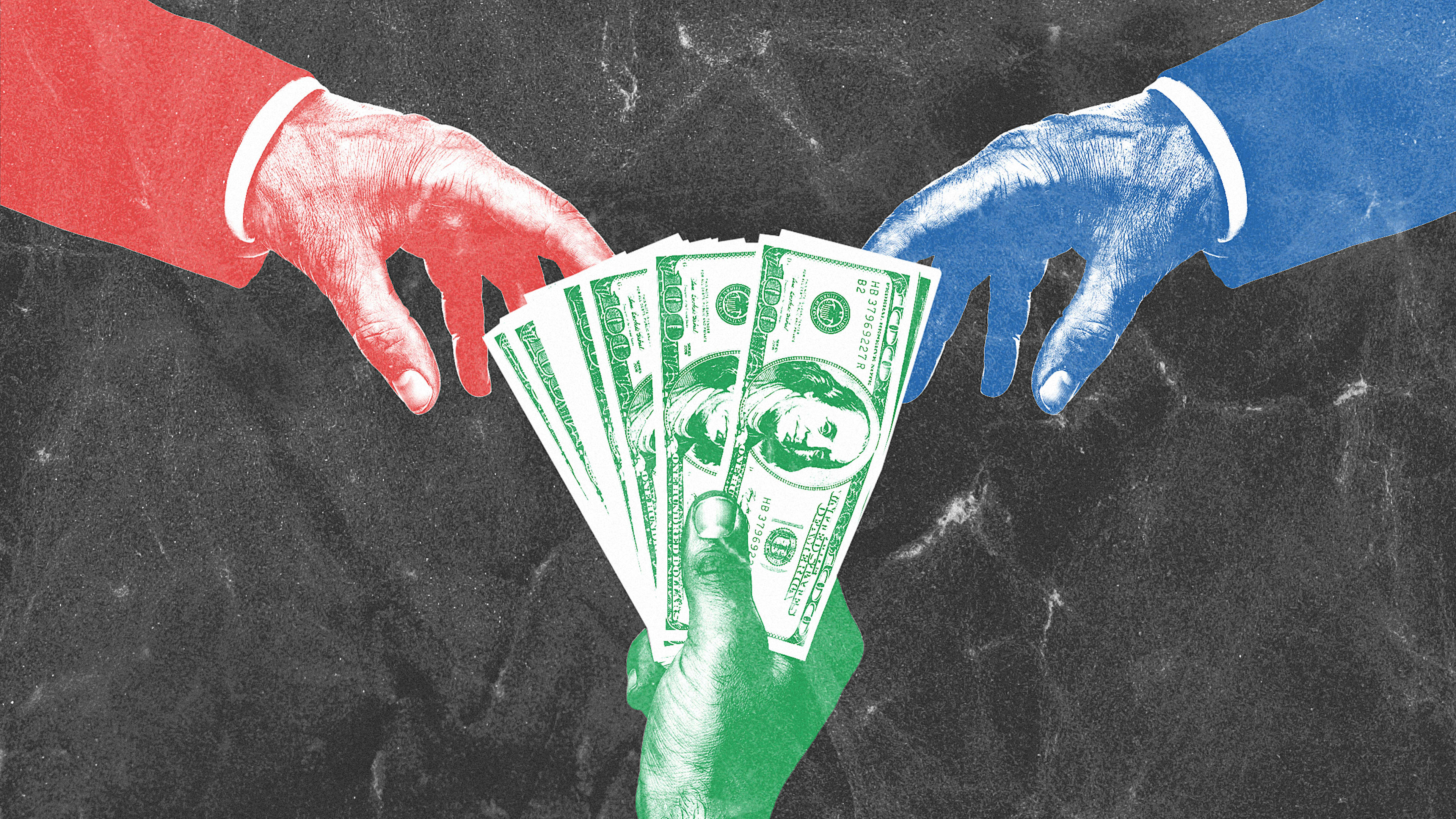I wish companies were half as “woke” as some elected officials portrayed. Hundreds of businesses recently showcased their environmental commitments during Climate Week and UN General Assembly events, highlighting how they’re upholding human rights, championing women’s empowerment, and supporting LGBTQ communities. And yet companies and the business associations they pay into continue to support candidates that spout extreme positions that go against corporate culture and interests.
Companies aren’t just facing a highly volatile political environment, which is precisely the opposite of the predictable landscape they need to operate— they are enabling it.
As we careen into the last leg of the 2022 election season and gear up for the 2024 cycle, the risks are growing for companies to continue political giving without regard for the collateral damage. For example, elected officials who have received donations from many companies are preparing to advance increased restrictions on how the U.S. Postal Service operates and restrict interstate travel in the wake of Roe v Wade falling. These scenarios will have a tangible impact on business operations, talent mobility, and the marketplace.
Dozens of large companies have seen their names cited by watchdog organizations that challenge corporate contributions to elected officials and candidates who are climate change deniers, anti-abortion, anti-LGBTQ, anti-voting rights, and even anti-vaccine. To be fair, companies also give to elected officials and candidates who feel the urgency of climate change, support access to healthcare and voting rights, and trust science. However, the false equivalency of the tired tropes, “we give to both sides” and “it’s just about tax and regulatory reform,” are insufficient given the unique levers that companies have to impact the quality of the candidates and their priorities.
Companies have many opportunities with politicians at all levels to prioritize shared goals that positively impact the communities where they do business, like modernizing infrastructure and worker readiness. Nonetheless, businesses have traditionally expended far more political capital on reducing regulation and taxation than on advancing policies in line with stated commitments on sustainability and community impact.
This tension shows up regularly. In 2008, companies advocating for lower taxes indirectly funded politicians in California responsible for Proposition 8, which sought to ban same sex-marriage. Recently, the Business Roundtable, despite their 2019 statement of purpose, lobbied against the Inflation Reduction Act which provides powerful tailwinds for companies already on a trajectory toward net zero, and it offers policy certainty for planning and investments.
Shining a spotlight on the collateral damage of corporate political giving is now a well-established practice. Actual behavior change, however, is harder to identify. This isn’t for lack of guidance: The Center for Political Accountability, Leadership Now, and the University of Michigan’s Erb Institute all make the business case, and provide a pathway, for updating political giving practices to meet the moment. Companies need to create guardrails to assess risk and alignment as part of due diligence when supporting candidates.
Certainly, there is a school of thought that companies should zero out political giving entirely. That is a simple solution to a complex problem, which would require collective action by industries so that no one company feels at a disadvantage for the potential loss of influence. In the absence of such reforms, it is no longer in either business interest or public interest to continue a 21st century version of the old school backroom political check-cutting.
Instead, companies should continually question whether a contribution to a candidate is a good investment for their brand and operations. More than 65% of employed adults in the U.S. agree that companies should cut back on political donations to campaigns working to limit access to abortion and LGBTQ rights, according to research from Morning Consult. In a new survey from the women’s investment platform Ellevest, nearly half of women in America said they would leave their current job if their employer’s views on reproductive rights didn’t align with their own.
If a company means what it says when it comes to applying a diversity, equity, and inclusion approach, then the statements and votes of some politicians would require a recalculation of their return on investment. Looking back at the 2012 and 2014 election cycles, 130 companies in the S&P 500 contributed $25.8 million to a political committee that helped elect the North Carolina legislature that passed HB2, also known as the “bathroom bill.”
The soft power of companies to incentivize politicians to prioritize shared goals that positively impact their communities doesn’t require much courage. Political giving to “all sides” might never have been a good business investment. In today’s environment, whatever value it might have had for business is hugely diminished.
Jen Stark is the co-director of the BSR Center for Business and Social Justice, which advances social movements by engaging business to align aspirations with meaningful actions.
Recognize your brand’s excellence by applying to this year’s Brands That Matter Awards before the early-rate deadline, May 3.
